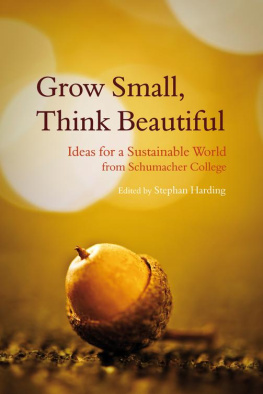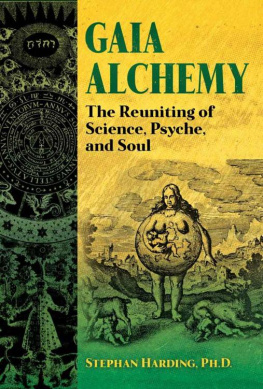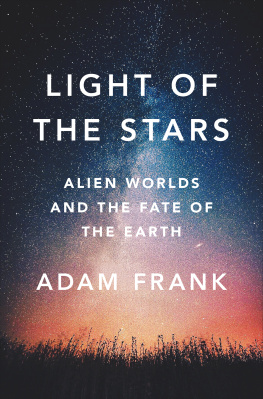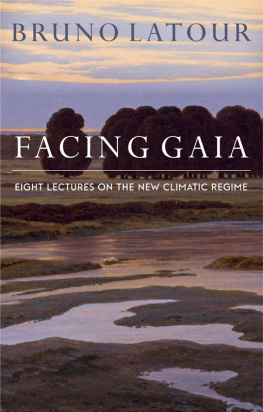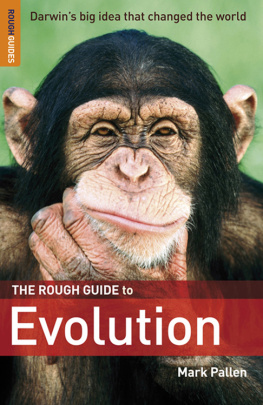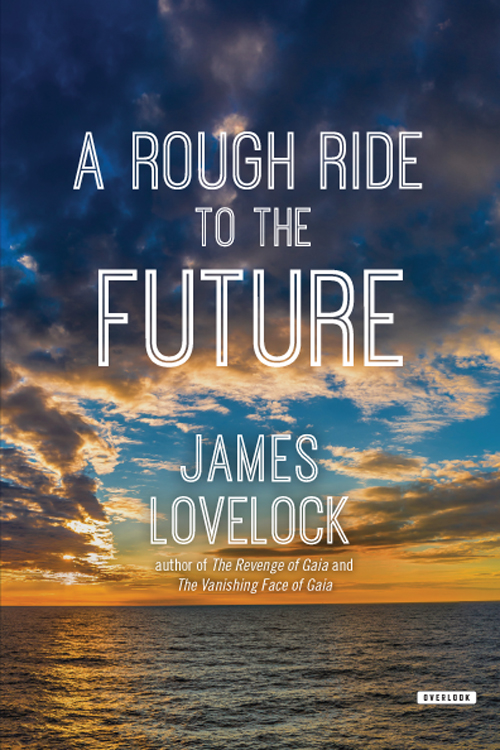This edition first published in hardcover in the United States in 2015 by
The Overlook Press, Peter Mayer Publishers, Inc.
141 Wooster Street
New York, NY 10012
www.overlookpress.com
For bulk and special sales, please contact ,
or write us at the above address
Copyright James Lovelock, 2014
All Rights Reserved. No part of this publication may be reproduced or transmitted in any form or by any means, electronic or mechanical, including photocopy, recording, or any information storage and retrieval system now known or to be invented without permission in writing from the publisher, except by a reviewer who wishes to quote brief passages in connection with a review written for inclusion in a magazine, newspaper, or broadcast.
ISBN: 978-1-4683-1160-0
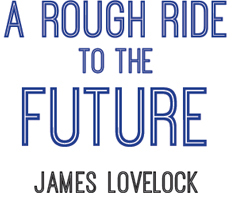
A ROUGH RIDE TO THE FUTURE introduces two new Lovelockian ideas. The first is that three hundred years ago, when Thomas Newcomen invented the steam engine, he was unknowingly beginning what Lovelock calls accelerated evolution, a process that is bringing about change on our planet roughly a million times faster than Darwinian evolution. The second is that, as part of this process, humanity has the capacity to become the intelligent part of Gaia, the self-regulating earth system whose discovery Lovelock first announced nearly fifty years ago.
We are now changing the atmosphere again, and James Lovelock argues that there is little that can be done about this. But instead of feeling guilty, we should recognize what is happening, prepare for change, and ensure that we survive as a species so we can contribute toperhaps even guidethe next evolution of Gaia. The road will be rough, but if we are smart enough, life will continue on earth in some form far into the future.
I dedicate this book to my beloved wife Sandy
The planet has finally grown its own nervous system: us.
Daniel C. Dennett, Freedom Evolves
The Newcomen steam engine (copyright Science Museum, London/Science & Society Picture Library)
A modern laboratory (copyright Arno Massee/Science Photo Library)
My laboratory, 1981
Homemade gas chromatograph
Moores Law, as illustrated by the exponential growth of camera resolution (courtesy Barry Hendy)
The Climate of Daisyworld
A termite nest (copyright Carl D. Walsh/Aurora)
For many reasons this has been a difficult book to write, and I thank my friends for their unstinting support and for their patience. I am truly grateful to Richard Betts, John Gray, John Gribbin, Stephan Harding, Chris Rapley, Elaine Steel, Sir Crispin Tickell, Michael Whitfield and Dave Wilkinson. Especially, I am grateful to Stuart Proffitt, without whose skilled editing my book would be like a jigsaw puzzle waiting to have its separate pieces joined.
This is not a book about climate change and what we should be doing to improve our carbon footprints climate change comes into it, and the recent storms and inundations here in the United Kingdom and the cold breath of the polar vortex in North America remind us of that. What I am excited about, and write about in this book, is the extraordinary event that happened around 300 years ago, which put the world into flight to a destination where everything we now know about ourselves, the Earth and the universe will be different.
Life has flourished on Earth for billions of years because it discovered how to harvest the energy of sunlight and use it to reproduce and evolve. Among its successors were those, including us, that could recycle the carbon and oxygen of these early photosynthesizers. Like a hermit crab that makes its home in the dead shell of a whelk, life occupied, used and integrated itself with the material Earth and made it a living planet. A mere million or so years ago we emerged from the evolution of the primates as the first animal to harvest information, which is the truly fundamental essence of the universe; then, in less than a blink of the eye, 300 years ago we found ourselves at the beginning of a massive inflation of information harvesting.
As a consequence I find myself now in an extraordinary position for a scientist. In this book I argue that we humans may have reached the stage where we are one of the truly important species of the Earths history and at least as significant as the photosynthesizers who eons ago invented the intricate process for harvesting sunlight for food and energy. In a way I am counter-intuitively supporting Bishop Wilberforce in his debate with T. H. Huxley at Oxford in 1860 on Charles Darwins theory of evolution. The crux of their argument lay in the question: Are we humans merely another animal, or are we so important as to justify calling ourselves Gods chosen species?
I see us as crucially important because we are the first species since life began over 3 billion years ago to harvest information massively and then use it to change the Earth. Of course, I do not really know whether or not we are, as the Bishop argued, Gods chosen species. But I have little doubt about our irreplaceable value to the Earth, to Gaia. We are especially important now because if our form of life, from the smallest bacterium to the largest whale, was wholly destroyed from the Earth, life could never restart on the barren planet that would occupy our present position in the solar system. Preserving life on earth in some form is the challenge for, and responsibility of, humankind now.
Italic figures refer to illustrations
Ages of Gaia, The (Lovelock)
Ames, Bruce
ammonium cyanate
An Inconvenient Truth (Gore)
anaerobes
Antarctica
Anthropocene epoch
dependent on humans
evolution of
explanation of
a frightening prospect
invention of
new form of evolution
a single number indicating
UK the birthplace of
ants
Archaean life
Aryabhata
Asimov, Isaac
asteroids
atmospheric aerosols
Atomic Energy Research Establishment, Harwell
Attlee, Clement
Bacillus subtilis (bacteria)
Baylor College of Medicine, Texas
bees
Believing Brain, The (Shermer)
Better Angels of Our Nature, The (Pinker)
Betts, Richard
Big Bang, the
biodiversity
biosynthetic food
Blair, Tony
bombardier beetle
Bourdillon, R. B.
Boyle, Robert
brains
Branson, Sir Richard
Brazzos Limited
Bruntland, Gro
Budyko, Mikhail
bull spermatozoa
Calder Hall
carbon dioxide
atmospheres of Mars and Venus
concentration in the atmosphere
consequences of adding to the air
control of emission of
and the Earth system
and the first organisms
from coal
and Gaia
and the Milankovitch effect
and oxygen need
stabilization folly
supercritical state of
carbon-based life
Carnot, Sadi
Carson, Rachel
Cartesian rationalism
Catching Fire (Wrangham)
CFC gases
Chance and Necessity (Monod)
Chapais, Bernard
Chernobyl
China
chlorine atoms
cities
Cities for a Small Planet (Rogers)
Clarke, Arthur C.
Clausius, Rudolph
Clerk Maxwell, James
climate
climate change
see also climate; global warming



